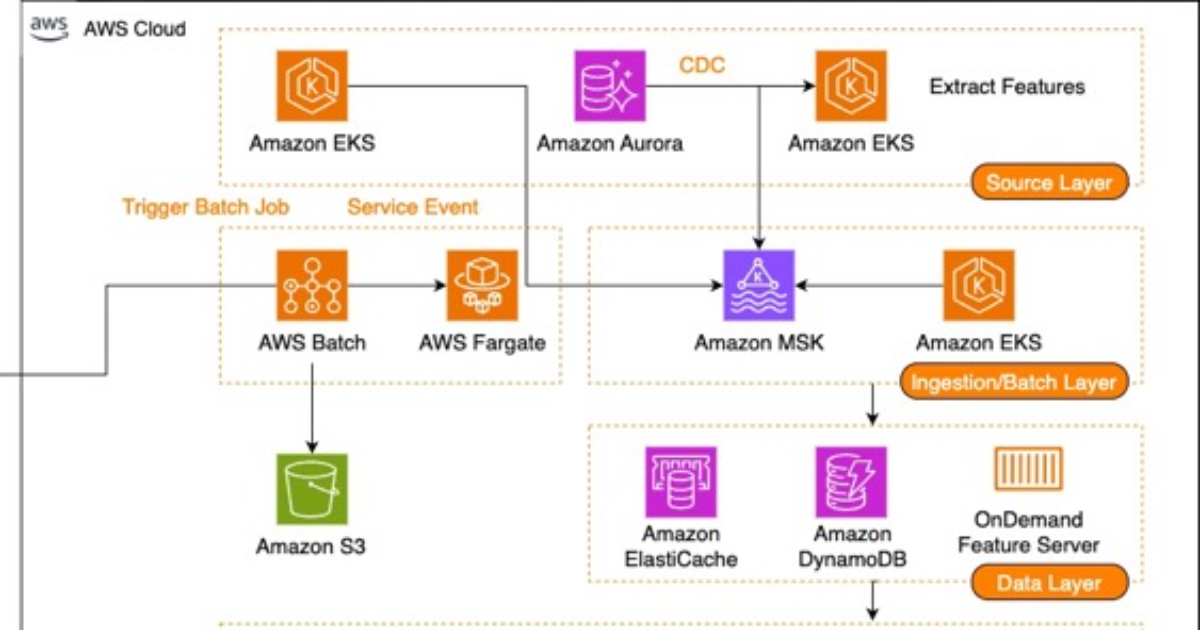Codetown
Codetown ::: a software developer's community
Coroutine-First Android Architecture w/ Rick Busarow
Chicago Kotlin User Group x Android Listeners
Hosted at GrubHub, July 17
Coroutines are the new hot stuff, and right now they’re being added to lots of libraries. But what if you don’t want to use an alpha01 in production code? What can coroutines do on their own, right now? In this talk, we’ll discuss the power behind structured concurrency and how we can use it to make our entire stack lifecycle-aware. We’ll look at examples of how to turn any callback or long-running code into a coroutine, and we’ll go over when and how to use Channels to handle hot streams of data without leaking. Finally, and most importantly, we’ll see how we can use these tools to inform our application architecture, so that we can quickly write maintainable and testable features. Thanks to GrubHub for hosting!
Tags:
Replies to This Discussion
Notes
Welcome to Codetown!
 Codetown is a social network. It's got blogs, forums, groups, personal pages and more! You might think of Codetown as a funky camper van with lots of compartments for your stuff and a great multimedia system, too! Best of all, Codetown has room for all of your friends.
Codetown is a social network. It's got blogs, forums, groups, personal pages and more! You might think of Codetown as a funky camper van with lots of compartments for your stuff and a great multimedia system, too! Best of all, Codetown has room for all of your friends.
Created by Michael Levin Dec 18, 2008 at 6:56pm. Last updated by Michael Levin May 4, 2018.
Looking for Jobs or Staff?
Check out the Codetown Jobs group.
InfoQ Reading List
NVIDIA Dynamo Addresses Multi-Node LLM Inference Challenges

Serving Large Language Models (LLMs) at scale is complex. Modern LLMs now exceed the memory and compute capacity of a single GPU or even a single multi-GPU node. As a result, inference workloads for 70B+, 120B+ parameter models, or pipelines with large context windows, require multi-node, distributed GPU deployments.
By Claudio MasoloKarrot Improves Conversion Rates by 70% with New Scalable Feature Platform on AWS

Karrot replaced its legacy recommendation system with a scalable architecture that leverages various AWS services. The company sought to address challenges related to tight coupling, limited scalability, and poor reliability in its previous solution, opting instead for a distributed, event-driven architecture built on top of scalable cloud services.
By Rafal GancarzGrowing Yourself as a Software Engineer, Using AI to Develop Software

Sharing your work as a software engineer inspires others, invites feedback, and fosters personal growth, Suhail Patel said at QCon London. Normalizing and owning incidents builds trust, and it supports understanding the complexities. AI enables automation but needs proper guidance, context, and security guardrails.
By Ben LindersArticle: Scaling Cloud and Distributed Applications: Lessons and Strategies

The article shares goals and strategies for scaling cloud and distributed applications, focusing on lessons learned from cloud migration at Chase.com at JP Morgan Chase. The discussion centers on three primary goals and the strategies addressing the goals, concluding how these approaches were achieved in practice. For those managing large-scale systems, these lessons provide valuable guidance!
By Durai ArasanArm Launches AI-Powered Copilot Assistant to Migrate Workflows to Arm Cloud Compute

At the recent GitHub Universe 2025 developer conference, Arm unveiled the Cloud migration assistant custom agent, a tool designed to help developers automate, optimize, and accelerate the migration of their x86 cloud workflows to Arm infrastructure.
By Sergio De Simone
© 2025 Created by Michael Levin.
Powered by
![]()